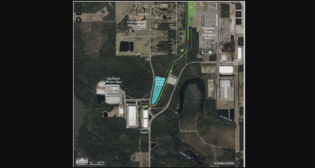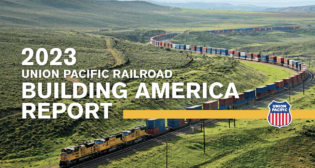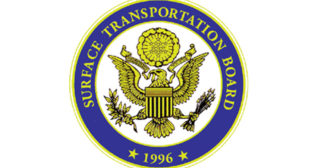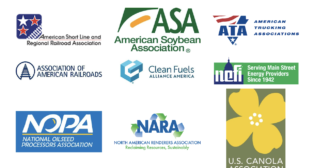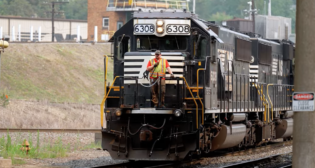
Canada FY2023 Budget: $262MM for Rail
Written by Marybeth Luczak, Executive Editor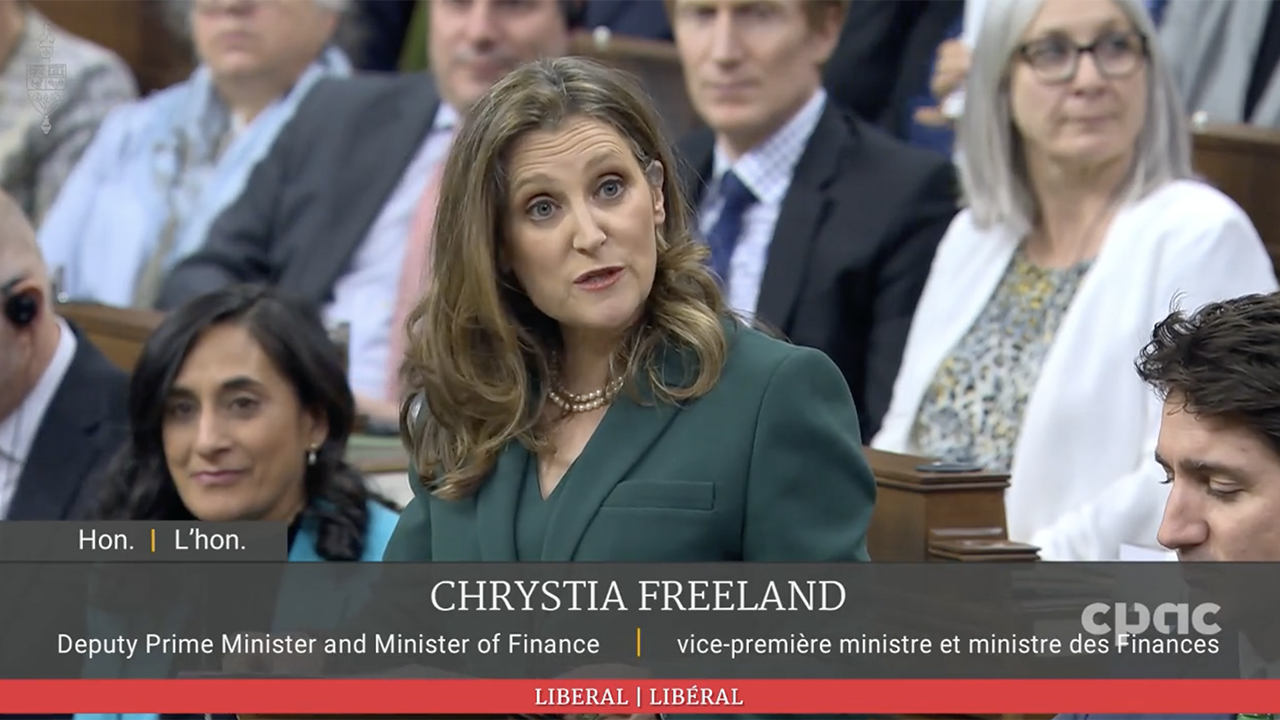
Canada’s Deputy Prime Minister and Minister of Finance Chrystia Freeland on March 28 tabled Budget 2023.
Among the proposals included in the Canadian government’s 2023 budget, tabled March 28 by Deputy Prime Minister and Minister of Finance Chrystia Freeland, are those slated to “strengthen Canada’s transportation systems and supply chain infrastructure,” such as the establishment of a Transportation Supply Chain Office and a temporary extension, on a pilot basis, of the interswitching limit in the prairie provinces “to strengthen rail competition.” Also proposed: investing C$210.0 million over five years in VIA Rail Canada.
Following are among the rail-related highlights of Budget 2023 (download below):
- Provide C$210.0 million over five years, starting in 2023-24, with C$117.4 million in remaining amortization, to VIA Rail “to conduct maintenance on its trains on routes outside the Québec City-Windsor Corridor and to maintain levels of service across its network.” According to the government, this funding is in addition to the C$42.8 million over four years, starting in 2023-24, with C$169.4 million in remaining amortization, provided in budget 2022 “to construct, maintain, and upgrade stations and maintenance centers in the Québec City-Windsor Corridor.”
- Provide C$27.2 million over five years, starting in 2023-24, to Transport Canada to establish a Transportation Supply Chain Office to work with industry and other orders of government “to respond to disruptions and better coordinate action to increase the capacity, efficiency and reliability of Canada’s transportation supply chain infrastructure.”
- Collaborate with industry, provinces, territories and Indigenous Peoples to develop “a long-term roadmap for Canada’s transportation infrastructure to better plan and coordinate investments required to support future trade growth.”
- Provide C$25 million over five years, starting in 2023-24, to Transport Canada to work with Statistics Canada “to develop transportation supply chain data that will help reduce congestion, make our supply chains more efficient, and inform future infrastructure planning.” The government reported that this measure will be advanced using existing Transport Canada resources.
- Introduce legislative amendments to the Canada Transportation Act to provide the Minister of Transport with the authority “to compel data sharing by shippers using federally regulated transportation services to improve the efficiency of existing transportation infrastructure.”
- Introduce legislative amendments to the Canada Transportation Act to enable a temporary extension, on a pilot basis, of the interswitching limit in the prairie provinces. “This would support competition among rail carriers by enabling rail companies to access tracks owned by another rail provider within the limit, under rates regulated by the Canadian Transportation Agency,” the government said.
Railway Association of Canada (RAC) on March 29 issued a statement, calling the federal government’s “move to resurrect the failed policy of extended regulated interswitching misguided and harmful to Canada’s supply chains.”
“This policy will cause Canadians to pay more for virtually everything that moves by rail,” RAC President and CEO Marc Brazeau said. “With Budget 2023, at a time when inflation remains at 40-year highs, extending regulated interswitching—even on a temporary basis—will incentivize congestion in our supply chains while disincentivizing private investment.”
RAC said the pilot has been done before, and noted that switching cargo multiple times slows the movement of goods by one-to-two days, or almost 25%; adds to GHG emissions; and adds costs.
“The measures announced today will not improve the efficiency, capacity or reliability of Canada’s supply chains,” Brazeau said. “They will do the exact opposite, as we saw under extended regulated interswitching that was in place from 2014 to 2016.”
According to RAC, “the current government cancelled this very policy in 2016 based on results from a previous pilot and recommendations contained in an independent study.”
Brazeau noted that Canadian Class I’s are “the safest in North America and among the safest in the world,” due, in part, to reinvesting 20 cents-25 cents on every dollar they earn back into their networks; offer the “lowest rail freight rates among leading trading nations, rates 11% lower than the U.S.”; and “[h]old up their end of the supply chains bargain, demonstrating remarkable resilience over the past few years in the face of extraordinary disruptions through the global pandemic and government policies responding to it, and in the face of extreme weather events.”
RAC also reported that it “opposes the government’s move to ban the use of replacement workers in federal workplaces affected by work stoppages.”
